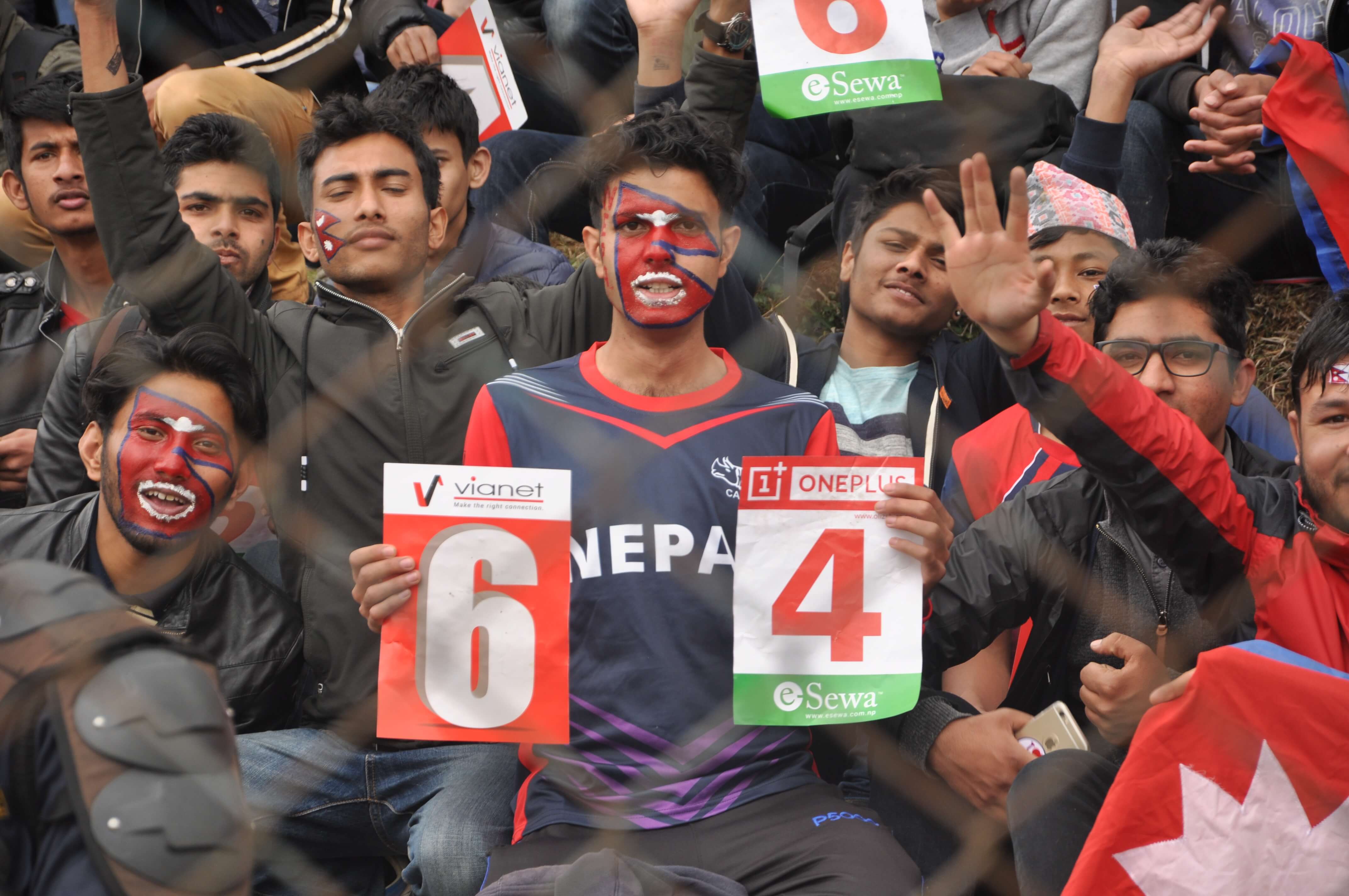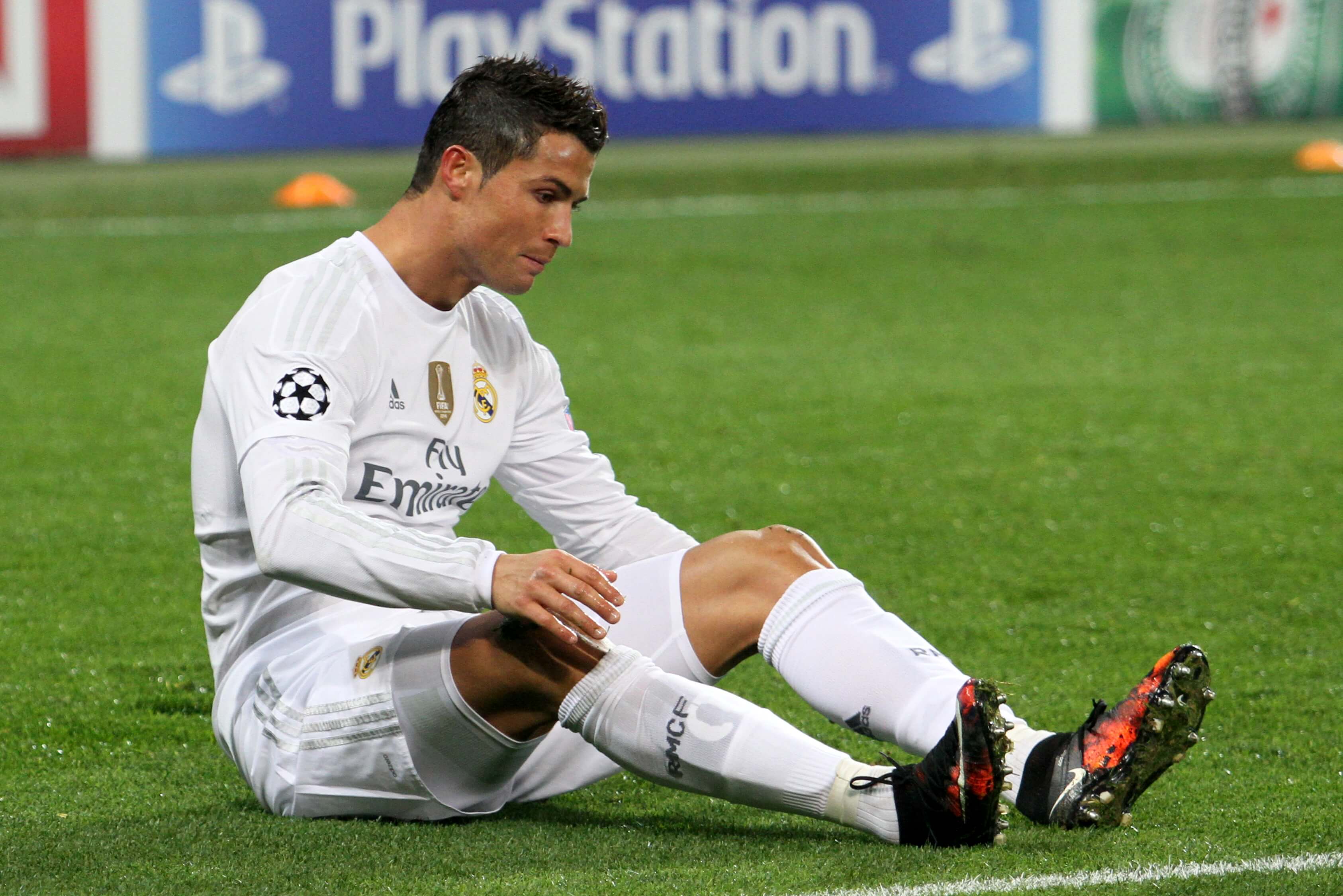Latest Cricket News

2026 ICC Men's T20 World Cup: Preview
The cricketing world is already buzzing for the 2026 ICC Men's T20 World Cup, set to ignite the subcontinent in February and March. Co-hosted by India and Sri Lanka, this edition marks a highly anticipated return of major ICC events to these passionate cricketing nations. Twenty teams will battle for glory across a slew of iconic venues. As co-hosts, India and Sri Lanka have automatically qualified, joining the top performers from the 2024 tournament. The remaining spots are currently being fiercely contested through regional qualifiers and ICC Men's T20I Team Rankings. Fans can expect a vibrant display of T20 action across a mix of traditional and modern stadiums. In India, potential venues include the colossal Narendra Modi Stadium in Ahmedabad, the historic Eden Gardens in Kolkata, and the electric Wankhede Stadium in Mumbai. Sri Lanka will likely feature the R. Premadasa Stadium in Colombo and the picturesque Galle International Stadium. The tournament will follow the engaging format introduced in the 2024 edition: a Group Stage, where 20 teams are divided into four groups of five; a Super Eight Stage, where the top two from each group advance; and finally, the Knockout Stage, culminating in a thrilling final. Due to an agreement between the BCCI and PCB, any India-Pakistan clashes will be held at a neutral venue in Sri Lanka, ensuring these highly anticipated encounters take place. Get ready for an electrifying atmosphere, passionate crowds, and pitches that will challenge both batsmen and bowlers, often favoring spin as the tournament progresses. The 2026 T20 World Cup is poised to be another unforgettable chapter in the history of Twenty20 cricket.

2027 ODI World Cup: Preview
The pinnacle of One Day International (ODI) cricket, the ICC Men's Cricket World Cup 2027, is set to return to African soil. South Africa, Zimbabwe, and Namibia will jointly host the prestigious tournament in October and November 2027, promising a captivating display of 50-over cricket. This marks the second time South Africa and Zimbabwe have co-hosted, while Namibia will make its debut as a World Cup venue. This edition sees an expansion to 14 participating teams, a welcome change from the more concise 10-team format of recent years. The tournament will adopt a familiar and engaging structure, reminiscent of the 2003 World Cup. Teams will be divided into two groups of seven, with the top three from each group progressing to a Super Six stage. From there, the top four will battle it out in the semi-finals, leading to the ultimate showdown in the final. A modified version of the "points carried forward" system from the 1999 edition will also be reintroduced, adding an interesting strategic layer. Hosts South Africa and Zimbabwe automatically qualify for the tournament. The remaining spots will be filled by the top eight teams in the ICC ODI Team Rankings as of March 31, 2027, excluding the hosts. The final four places will be determined through a rigorous qualification pathway, involving various leagues and playoffs designed to give both Full Members and Associate nations a chance to compete on the global stage. Venues across the three nations are being prepared for this grand event. In South Africa, established stadiums like Wanderers Stadium in Johannesburg, Newlands Cricket Ground in Cape Town, and Kingsmead in Durban are expected to be key locations. Zimbabwe will host matches in cities like Harare and Bulawayo, while Namibia's capital, Windhoek, is set to welcome World Cup action for the first time. The 2027 ODI World Cup promises a return to a more inclusive and expansive format, bringing the excitement of 50-over cricket to new audiences and familiar strongholds. With the qualification race heating up, the anticipation for this quadrennial spectacle is already building.

The Ascent of Associate Nations: Cricket's Expanding Horizon
The landscape of international cricket is undergoing a fascinating transformation, largely driven by the remarkable rise of the game in Associate nations. Once considered minnows, these countries, not holding full ICC membership, are increasingly demonstrating their prowess, passion, and potential, challenging traditional powerhouses and truly globalizing the sport. The T20 format has been a significant catalyst for this growth. Its fast-paced, shorter nature, demanding skill and athleticism rather than sustained endurance, has proved highly accessible and captivating, allowing associate teams to compete on a more level playing field. The ICC's decision in 2018 to grant T20I status to all matches between its members (both men's and women's teams) has further boosted this development, providing more competitive exposure and valuable ranking points. Nations like Nepal, USA, Scotland, Netherlands, Oman, and Namibia exemplify this burgeoning trend. Their performances in recent global tournaments, particularly the T20 World Cups, have been eye-opening. The USA's historic upset over Pakistan in the 2024 T20 World Cup, co-hosted on their home soil, sent shockwaves through the cricketing world, significantly raising the sport's profile in a traditionally non-cricketing market. Similarly, Nepal's passionate fan base and spirited performances in recent ICC events highlight the game's deep roots and growing popularity in new territories. Italy's qualification for the 2026 T20 World Cup is another testament to this expanding reach. Beyond the field, the growth is also evident in domestic structures and professional leagues. The ILT20 in the UAE, for instance, is making significant contributions to associate cricket development, offering financial support, professional opportunities for local players, and a platform for associate cricketers to rub shoulders with global stars. This kind of investment and exposure is crucial for nurturing talent and closing the gap with full member nations. While challenges remain, including resource constraints, infrastructure development, and consistent fixture scheduling, the ICC's development programs are actively working to assist its 96 Associate Members. The increasing visibility of associate teams on the global stage, coupled with their competitive spirit, underscores a fundamental shift. Cricket is no longer solely the domain of a few established nations; it's a rapidly expanding global phenomenon, fueled by the rising tide of associate nations making their mark on the international stage.
Latest Football News

FIFA World Cup 2026: Preview
The biggest show on Earth in football, the FIFA World Cup 2026, is rapidly approaching, promising a tournament of unprecedented scale and excitement. For the first time in its history, the World Cup will be co-hosted by three nations: Canada, Mexico, and the United States, marking a grand return to North America. Kicking off on June 11, 2026, and culminating in the final on July 19, 2026, this expanded tournament will feature a record 48 teams and an astounding 104 matches. This expanded format is a significant shift from the 32-team structure of previous World Cups. The 48 nations will be divided into 12 groups of four teams. The top two teams from each group, along with the eight best third-placed teams, will advance to a new Round of 32. From there, it will be a traditional knockout format all the way to the final. This increased number of teams offers more opportunities for nations worldwide to experience the World Cup dream, making it the most inclusive tournament to date. The sheer geographical scope of the 2026 World Cup is immense, with matches spread across 16 host cities in the three co-hosting nations. The United States will host the majority of the matches, including the final at the MetLife Stadium (to be rebranded as New York New Jersey Stadium for the event). Other major U.S. venues include SoFi Stadium in Los Angeles, AT&T Stadium in Dallas, and Mercedes-Benz Stadium in Atlanta. Mexico, already a two-time host (1970, 1986), will make history by becoming the first country to host World Cup matches thrice. Iconic stadiums like the Estadio Azteca in Mexico City (which will host the opening match) and the Estadio BBVA in Monterrey are among its chosen venues. Canada will host men's World Cup matches for the first time, with games scheduled for BMO Field in Toronto and BC Place in Vancouver. With 48 teams, more matches, and a vast geographical spread, the FIFA World Cup 2026 is poised to be a monumental event, showcasing the global appeal of football and delivering a thrilling summer for fans across North America and around the world. The qualifiers are currently underway, and anticipation is building for the draw in late 2025 that will set the stage for this historic tournament.

Portugal's 2026 World Cup Aspirations: A Blend of Gold and Youth
Portugal's 2026 World Cup Aspirations: A Blend of Gold and Youth As the FIFA World Cup 2026 looms, Portugal enters the conversation as a fascinating contender, possessing a captivating blend of seasoned veterans and explosive young talent. After a recent UEFA Nations League title victory, the "Seleção das Quinas" are showing signs of truly clicking under coach Roberto Martínez, and the anticipation is building around their chances to lift the coveted trophy for the first time. At the heart of Portugal's prospects lies the enduring legend of Cristiano Ronaldo. Despite being 40 by the time of the tournament, Ronaldo continues to defy age, showcasing incredible goal-scoring prowess and leadership. His drive for a World Cup title, the one major trophy missing from his illustrious career, provides an undeniable emotional pull for the squad. While his role might evolve from an undisputed starter to a crucial impact sub, his presence and influence remain paramount. Beyond Ronaldo, Portugal boasts a wealth of talent across every line. In midfield, playmakers like Bruno Fernandes and the dynamic Vitinha are pivotal, dictating tempo and creating chances. They are complemented by robust defensive midfielders such as Joao Palhinha and Ruben Neves, offering a solid base. In attack, the blistering pace and dribbling skills of Rafael Leão are a constant threat, while players like João Félix, Gonçalo Ramos, and Francisco Conceição provide diverse attacking options and crucial depth. The defense is anchored by Manchester City's formidable Ruben Dias, supported by rising stars like Nuno Mendes and Goncalo Inacio. The squad depth is arguably one of Portugal's biggest strengths heading into 2026. Roberto Martínez has successfully integrated exciting young prospects alongside established stars, fostering a competitive environment where players are constantly pushing for a place. This mix provides tactical versatility, allowing the team to adapt to different opponents and scenarios throughout a long tournament. While Portugal's recent form, including their Nations League triumph, suggests they are a formidable force, the World Cup is notoriously unpredictable. Questions may arise regarding the consistency of a clinical striker and the ability to maintain defensive solidity against the very best teams. However, with a renewed winning mentality, a balanced squad, and the ultimate motivation of a potential World Cup swansong for one of football's greatest, Portugal stands as a strong contender, ready to challenge the traditional favorites for global supremacy in 2026.

Top 10 Puskás Award Winners: Football's Most Beautiful Goals
Since its inception in 2009, the FIFA Puskás Award has celebrated the most aesthetically stunning and significant goals scored across the footballing world each year. Named in honor of the legendary Hungarian striker Ferenc Puskás, the award recognizes goals that are not just clinical but also demonstrate incredible skill, audacity, and a touch of genius. While beauty is subjective, these winners have consistently captivated fans globally, becoming iconic moments in the sport's history. The criteria for the Puskás Award are straightforward: an aesthetically beautiful goal, scored without the result of luck or a mistake, in support of Fair Play, and without distinction of championship, gender, or nationality (though from 2024, a separate Marta Award was established for women's goals). Here's a look at some of the most memorable and extraordinary goals that have claimed this prestigious accolade: Olivier Giroud (2017): A "scorpion kick" volley for Arsenal against Crystal Palace. The sheer ingenuity and athleticism to connect with the ball in such an unconventional and sublime manner made it an instant classic. Zlatan Ibrahimović (2013): An outrageous 30-yard overhead kick for Sweden against England. Facing away from goal with the ball seemingly too high, Ibrahimović defied logic with this acrobatic, audacious strike. James Rodríguez (2014): A stunning chest-and-volley from outside the box for Colombia against Uruguay in the World Cup. The control, turn, and unstoppable shot showcased pure class on the biggest stage. Neymar (2011): A mesmerizing solo effort for Santos against Flamengo. The young Brazilian weaved through defenders with dazzling footwork, combining multiple skills before a composed finish. Son Heung-min (2020): A breathtaking solo run for Tottenham Hotspur against Burnley. Son picked up the ball deep in his own half, dribbled past multiple defenders with incredible pace and control, and finished coolly. Cristiano Ronaldo (2009): The inaugural winner, a thunderous 40-yard strike for Manchester United against Porto in the Champions League. It was a missile of a shot, showcasing power and precision. Mohd Faiz Subri (2016): A physics-defying, swerving free-kick for Penang in the Malaysia Super League. The ball's trajectory seemed to defy gravity, curving dramatically into the top corner. Erik Lamela (2021): An audacious rabona nutmeg goal for Tottenham against Arsenal. The audacity to attempt such a skill in a North London Derby, let alone execute it perfectly, was astounding. Miroslav Stoch (2012): A spectacular long-range volley for Fenerbahçe against Gençlerbirliği. The ball was fired with immense power and precision from distance, leaving the goalkeeper with no chance. Wendell Lira (2015): A twisting bicycle kick for Goianésia against Atlético Goianiense. This acrobatic effort from a Brazilian lower-league match proved that Puskás-worthy goals can come from anywhere. These goals are more than just statistics; they are moments of pure magic that remind us why football is the world's most beautiful game, capable of producing awe-inspiring feats of skill and creativity. Each Puskás Award winner is a testament to the boundless imagination and extraordinary talent present across all levels of the sport.